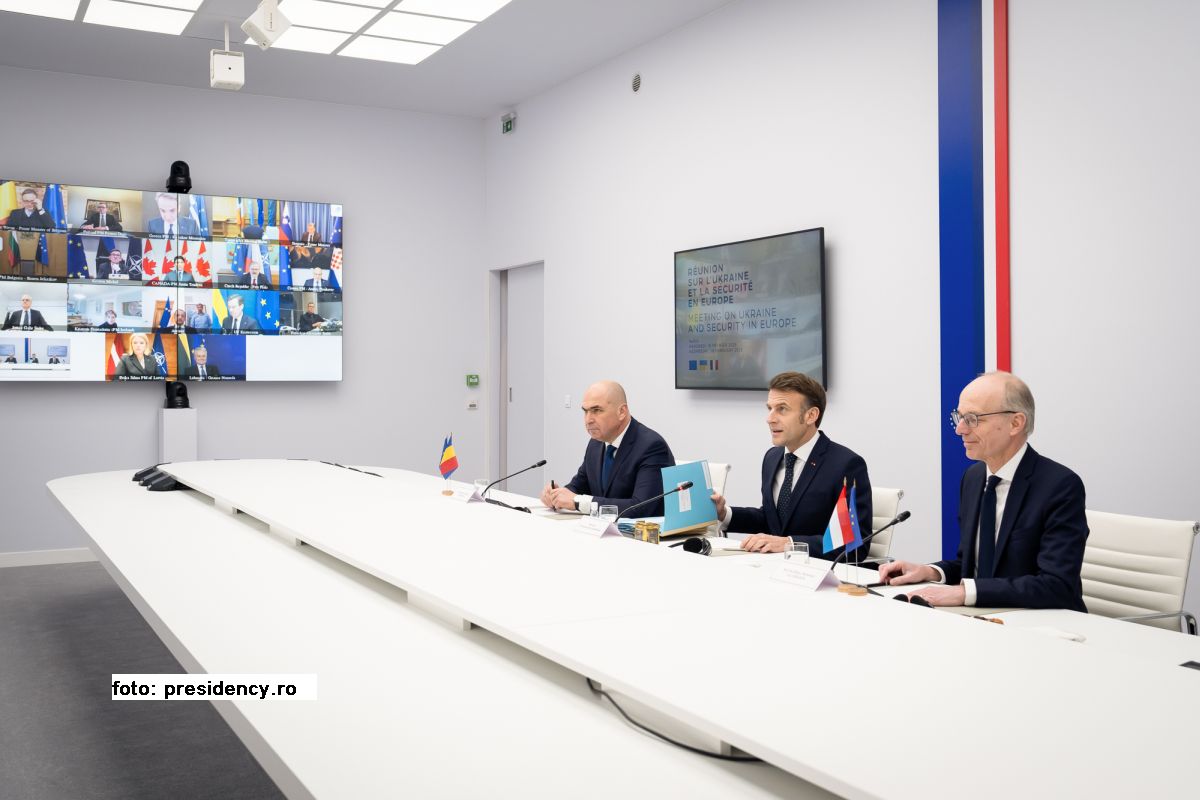Igor Dodon’s anti-Romanian policy
Igor Dodon rushes into implementing the first measures taken as president of the Republic of Moldova.

Florentin Căpitănescu, 27.12.2016, 12:57
The new president of the Republic of Moldova, the pro-Russian Socialist Igor Dodon, who was sworn in last Friday, has already started implementing his controversial agenda. The first two decisions on the list were replacing the Romanian language with the so-called Moldovan language on the website of the Presidency and taking down the EU flag at his official residence. The old and heated debate over the Moldovan language, which linguists agree does not exist, was settled back in 2013.
At the time, the Constitutional Court of Moldova ruled that Moldovas Declaration of Independence from Russia, adopted in 1991, and which makes explicit reference to the Romanian language, outweighs the text of the Moldovan Constitution, where reference of a “Moldovan language” is made. Removing the EU flag was also an anticipated gesture. Over the last months, Dodon has publicly argued in favour of re-negotiating Moldovas relations with the European Union. Dodon primarily wants to replace the free trade system, stipulated by the association agreement with the EU, with an asymmetrical trade system, allowing Moldova to export goods to European markets duty-free.
On the other hand, Dodon has been a vocal advocate for joining the Eurasian Economic Union, which includes Russia, Belarus and Kazakhstan, and for closer ties with Moscow overall. Political pundits in Chisinau see these early measures of Dodons office as proof that promoting anti-Romanian and anti-European sentiment was not just election campaign rhetoric.
Here is Vlad Turcanu, adviser to the former Moldovan president Nicolae Timofti:
“He seems to test the patience of a large part of our society, which is pro-European. We are talking about people who feel close to Romania. Igor Dodon despises these people, as if they were not his fellow nationals. His actions speak of his thirst for revenge and suggest that hes here to tell us what to do and what to think”.
In another move, Romania has decided to make an additional 100 scholarships available to young Moldovans who want to study in Romania. The scholarships will be made available by 2019, based on a protocol signed by Romanias ambassador to Chisinau Daniel Ionita and the Moldovan Education Minister Corina Fusu. Last week, Dodon harshly criticized Romanias efforts to offer education opportunities to young Moldovans, which he sees as an attempt to draw Moldovas youth away from their country.






























